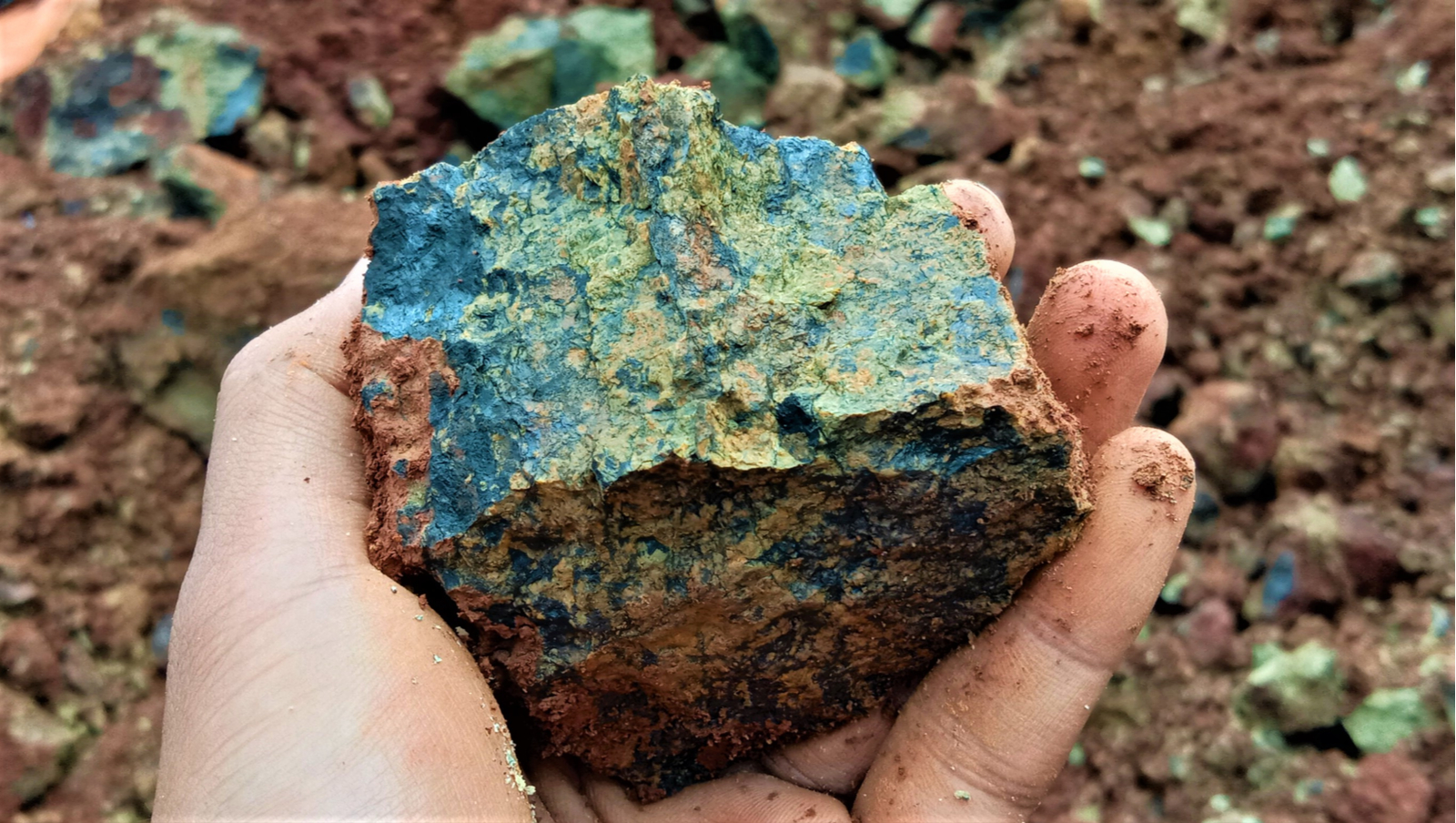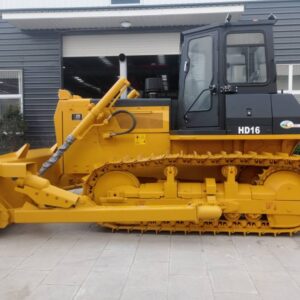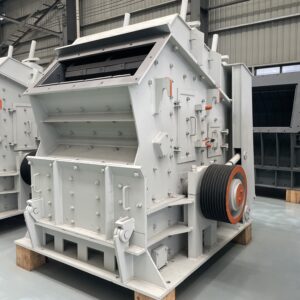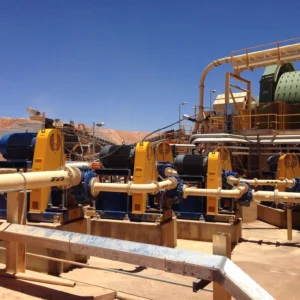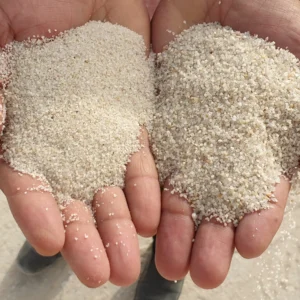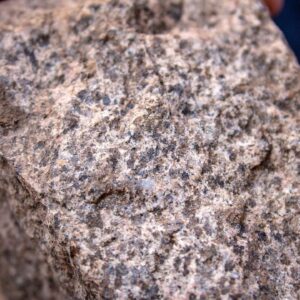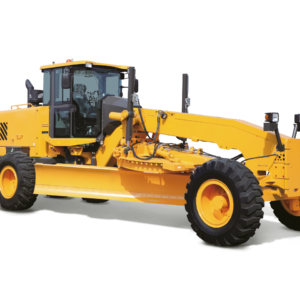Description
Processes Description
1. Mixing Flotation Process
The mixing flotation process is to separate nickel ore in which copper has lower content than nickel. The mixed concentrate of copper and nickel will smelt into high grade nickel directly.
2. Mixing-preferably Flotation Process
Copper nickel can be get from raw ore, then the copper concentrate with low grade nickel and the nickel concentrate with low grade copper can be separate from the mixing concentrate, and the nickel concentrate will be sent into the next stop-smelting, nickel matte can be get then separated.
3. Mixing-preferably Flotation then Nickel Recovery
When floatability differences happens to the various nickel element of the raw ore, then nickel ore can be recovered further from tailings after the copper and nickel been mixing flotation.
4. Copper- Nickel Ore Flotation Process
When process copper-sulfide nickel ore, collector and frothier will be used in order to better results. A basic principle of copper-sulfide nickel ore process is that it is better to let copper assimilate into nickel ore rather than the opposite. For it is easier to recovery cooper from nickel concentrate. The process has a vital advantage-receive copper concentrate with low grade nickel directly.
Introduction
Nickel ore production lines are integral to various industries due to the versatile applications of nickel. Here are the primary uses:
1. Stainless Steel Production
- Stainless Steel Alloys: Nickel is a crucial component in the production of stainless steel, enhancing its corrosion resistance, durability, and strength. Stainless steel is widely used in construction, kitchenware, medical instruments, and automotive components.
2. Battery Manufacturing
- Lithium-ion Batteries: Nickel is used in the cathodes of lithium-ion batteries, which are essential for electric vehicles, portable electronics, and energy storage systems.
- Nickel-Metal Hydride Batteries: Commonly used in hybrid vehicles and some rechargeable batteries for consumer electronics.
3. Aerospace and Aviation
- Superalloys: Nickel-based superalloys are used in the aerospace industry for turbine blades, jet engines, and other high-performance applications due to their ability to withstand extreme temperatures and stress.
4. Chemical Industry
- Catalysts: Nickel is used as a catalyst in various chemical reactions, including hydrogenation processes in the production of margarine and other edible oils.
- Electroplating: Nickel electroplating provides a corrosion-resistant and aesthetically pleasing finish for various products, including automotive parts, electronics, and household items.
5. Coinage
- Coins: Nickel is used in the production of coins in various countries due to its durability and resistance to wear and corrosion.
6. Construction and Infrastructure
- Alloy Steels: Nickel is used to produce alloy steels for construction and infrastructure projects, providing enhanced strength and corrosion resistance.
7. Marine and Shipbuilding
- Marine Alloys: Nickel alloys are used in the marine industry for shipbuilding, offshore drilling rigs, and other applications requiring resistance to seawater corrosion.
8. Medical Applications
- Medical Devices: Nickel alloys are used in medical devices and implants, including orthopedic implants and surgical instruments, due to their biocompatibility and resistance to corrosion.
9. Renewable Energy
- Wind Turbines: Nickel is used in the production of components for wind turbines, enhancing their durability and efficiency.
- Hydrogen Production: Nickel catalysts are used in the production and storage of hydrogen, which is critical for fuel cells and other renewable energy technologies.
10. Defense and Military
- Military Equipment: Nickel alloys are used in military equipment and armor plating due to their strength and ability to withstand harsh conditions.
11. Electronics
- Electronic Components: Nickel is used in the production of various electronic components, including connectors, capacitors, and sensors, due to its excellent electrical conductivity and resistance to corrosion.
12. Food and Beverage Industry
- Food Processing Equipment: Nickel-containing stainless steel is used in food processing equipment to ensure hygiene and corrosion resistance.
13. Water Treatment
- Desalination Plants: Nickel alloys are used in desalination plants for their resistance to corrosion in saltwater environments.
14. Jewelry
- Jewelry Making: Nickel is used in some types of jewelry, although its use is decreasing due to potential allergic reactions in some individuals.
